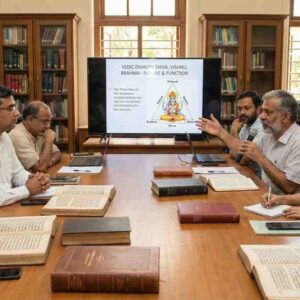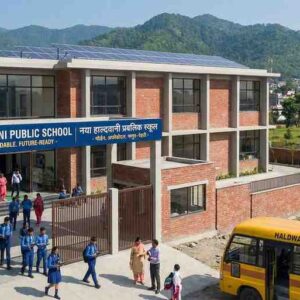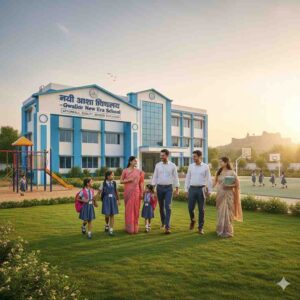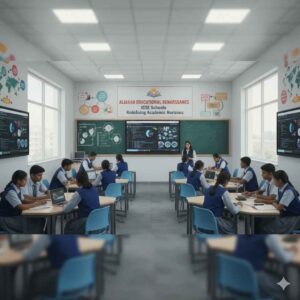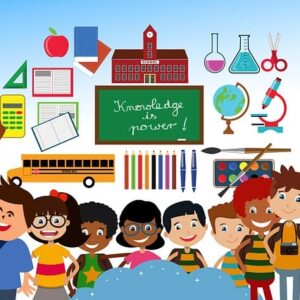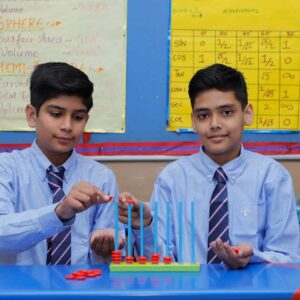Introduction: Rethinking the Role of Education
Education’s primary role extends far beyond the mere acquisition of a job. As societies evolve, the traditional job-centric model of education is increasingly recognized as limited. Today’s educational systems are tasked with preparing students not only for the workforce but for life—a complex blend of challenges, relationships, and continual changes. This article explores how modern education equips students with the essential tools for holistic life readiness.
1. Cultivating a Diverse Skill Set
Beyond Job Skills
- Education today emphasizes a blend of hard skills and soft skills, preparing students to navigate both their professional and personal lives effectively. According to the World Economic Forum’s Future of Jobs Report, critical thinking, problem-solving, and resilience are among the top skills that employers seek and are crucial for personal development.
- Statistical Insight: A survey conducted by the Ministry of Human Resource Development in India found that 60% of high school students feel more confident in real-world interactions when engaged in a curriculum that includes soft skills training.
Interdisciplinary Learning
- Schools now integrate interdisciplinary learning that encourages students to think across traditional boundaries. This approach fosters a broader understanding and versatility, essential for adapting to rapidly changing industries.
- Evidence: Research by UNESCO highlights that students exposed to interdisciplinary education are 30% more likely to adapt to diverse job roles post-graduation compared to those with a singular focus.
2. Enhancing Emotional and Social Intelligence
Building More Than IQ
- Emotional intelligence (EQ) is as crucial as intellectual ability (IQ) in determining future success. Educational programs now incorporate training in empathy, teamwork, and emotional management, preparing students for the complexities of interpersonal relationships in both personal and professional settings.
- Supporting Data: A study by Harvard University demonstrates that students who participate in EQ-focused programs exhibit a 40% improvement in social relationships and mental well-being.
Civic Engagement and Ethics
- Modern curricula are designed to cultivate not just knowledgeable individuals but also responsible citizens. Ethics and civic education modules are embedded within the school programs, promoting an understanding of rights, responsibilities, and community involvement.
- Impactful Statistics: According to a report by India’s Central Board of Secondary Education, schools that incorporate civic education report a 50% higher student involvement in community service projects.
3. Preparing for Lifelong Learning
Encouraging Continuous Education
- The concept of lifelong learning is central to contemporary education, encouraging students to continually update their skills and knowledge. This adaptability is crucial in a world where many of today’s students will experience multiple careers throughout their lives.
- Long-Term Benefits: The Indian Council of Educational Research and Training notes that lifelong learners display higher adaptability in career transitions, with a 25% higher rate of career satisfaction over their lifetimes.
Promoting Innovation and Creativity
- Schools serve as incubators for creativity, pushing students to innovate and solve problems creatively. This mindset is vital not only for personal fulfillment but also for driving progress within society.
- Real-World Application: Initiatives like the Atal Innovation Mission in India foster practical innovation skills in students, with over 5,000 Atal Tinkering Labs established across schools to nurture the ‘Innovate in India’ spirit among young learners.
Conclusion: Education as a Lifelong Journey
As we redefine the scope of education, it becomes clear that its value extends far beyond securing a paycheck. By preparing students with a diverse set of skills, encouraging emotional and social intelligence, and fostering a commitment to lifelong learning, education shapes individuals who are ready not just to face the world’s challenges but to lead a fulfilling life. This holistic approach ensures that education remains a foundational pillar in building not only a career but a well-rounded human experience.



